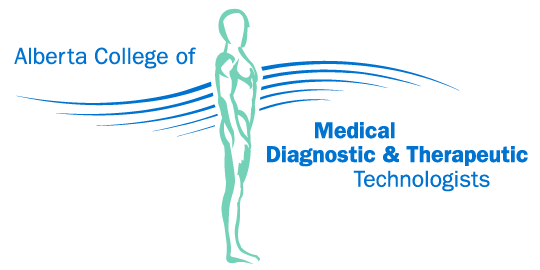Common Questions and Answers for Registrants About Fitness to Practice
- What does fitness to practice mean?
Fitness to practice means having the skills, knowledge, character, and health to practice your profession safely and effectively. It includes clinical competence, ethical behaviour, and the ability to manage any health conditions affecting your work. It is not about punishing professionals but protecting patients and maintaining public confidence. If not handled appropriately at the onset, it could lead to a complaint issue, so why not deal with it before it becomes a problem?
- Why am I being asked for all this information?
The College is mandated to protect the public. Our role is to assess whether your health concerns raise any risk to patients or public confidence, and whether your fitness to practice is impaired. You are being asked because we have received information suggesting concerns about your ability to practice safely or professionally. This could come from a patient, employer, colleague, or as a self-declaration.
- What exactly is the College asking for?
We don’t need to know information that is irrelevant to protecting the public.
We trust you to exercise your own reasonable judgement. It is up to you to decide whether your health allows you to be capable of safe and effective practice and whether you are managing things. By managing, we mean that you have sought medical advice and treatment from Occupational Health, a GP, or other medical professionals/specialists.
- How long will the fitness to practice assessment process take?
The length of the process can vary depending on the case’s complexity. We aim to access cases as quickly as possible, but some involve gathering independent proof, expert reports, or further information, which can take time. We will keep you informed and explain any delays.
- Can I continue working while under assessment?
In most cases, yes — unless there is a serious concern about public safety or patient harm. In those situations, we may impose an interim order (such as conditions or suspension) while the assessment continues.
- What should I do if I have a temporary injury or health condition?
A temporary injury or health condition would likely not impact the ability to practice safely and effectively, as long as it doesn’t place the public at risk. Usually, this is remedied by short-term disability.
- What is expected of me?
You are expected to cooperate fully by providing proof and context to your fitness to practice issue, proving that you can manage your situation. Be honest about what is happening and provide insight into what may have gone wrong if there is a relapse. Demonstrate in a professional manner that you want to remediate. We advise you to talk to your employer to assist you with managing your fitness-to-practice issue. Furthermore, understand the impact this may have on patients, the public, and the profession.
- Do I have to disclose my health condition?
You only need to tell us about a health condition if it impacts your ability to practice safely or effectively. We are not interested in diagnosing or judging you — only in whether it could affect patient safety. If you receive treatment and take appropriate steps, this is usually not a barrier to practice.
